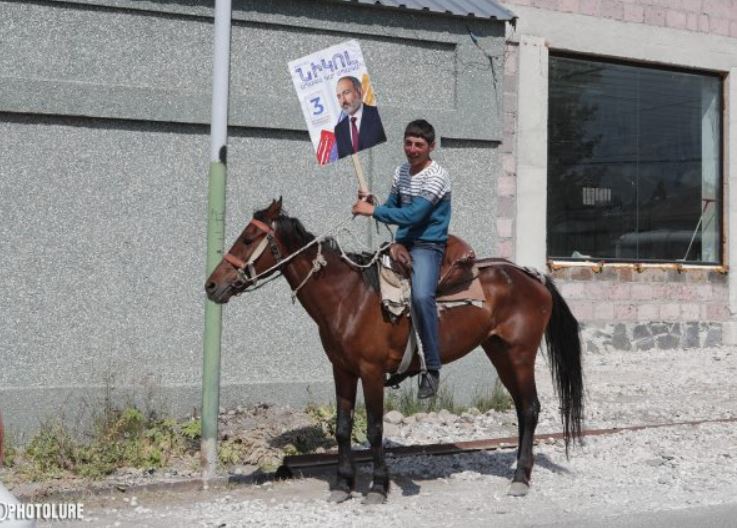In the elections held a year ago, 688,761 citizens voted for the Civil Contract party, securing the absolute majority of that political force in the National Assembly. In practice, this means that any state decision can be made by Prime Minister Nikol Pashinyan alone (Civil Contract deputies are obedient tools to carry out his will), without taking into account the will of other citizens. Of course, those 688,000 voters are not the majority of the citizens who have the right to vote in Armenia.
There are tens of thousands of citizens who voted for the current parliamentary opposition or other parties, there are hundreds of thousands who did not vote. If we subtract the total number of voters from the total number of voters included in the lists, from 2,591,316, to 1,281,997, we will get 1,309,319 “absentees.”
All these circumstances should be taken into account in political analysis, but only formally, from the point of view of forming the government, it does not matter. In the modern world, the main form of it is elections, and if the elections passed without serious violations, then the government in Armenia has earned the right to “reign” unilaterally, and citizens, regardless of how they voted, went to the polls or boycotted or simply did not. Everyone “earned” just such power.
Of course, citizens with oppositional views say that the public mood has changed in a year, and if there are elections now, the Civil Contract will not win. But first, I do not know how expedient it is to hold elections every year. Secondly, if the opinion of the respected oppositionists was of interest to me, I would not recommend such an attempt now, given the results of the street protests of the last month and a half.
Read also
When elections are fair (twice in a row), among other positive consequences, it is easier to study the public and identify patterns. We can make more or less accurate judgments about the level of literacy of our citizens, and the quality of their sense of citizenship. The main question, of course, is why people voted for a government that lost the war and lost 4,000 lives. Immediate answers are simple. 1) People believe in the official propaganda, according to which Pashinyan is not guilty of anything and the “former” are guilty of everything, 2) they are less interested in the Artsakh issue than the desire to take revenge on the “former” and not leave them in power.
But there are more serious, deeper patterns behind these obvious truths that remain to be explored.
Aram Abrahamyan




















































